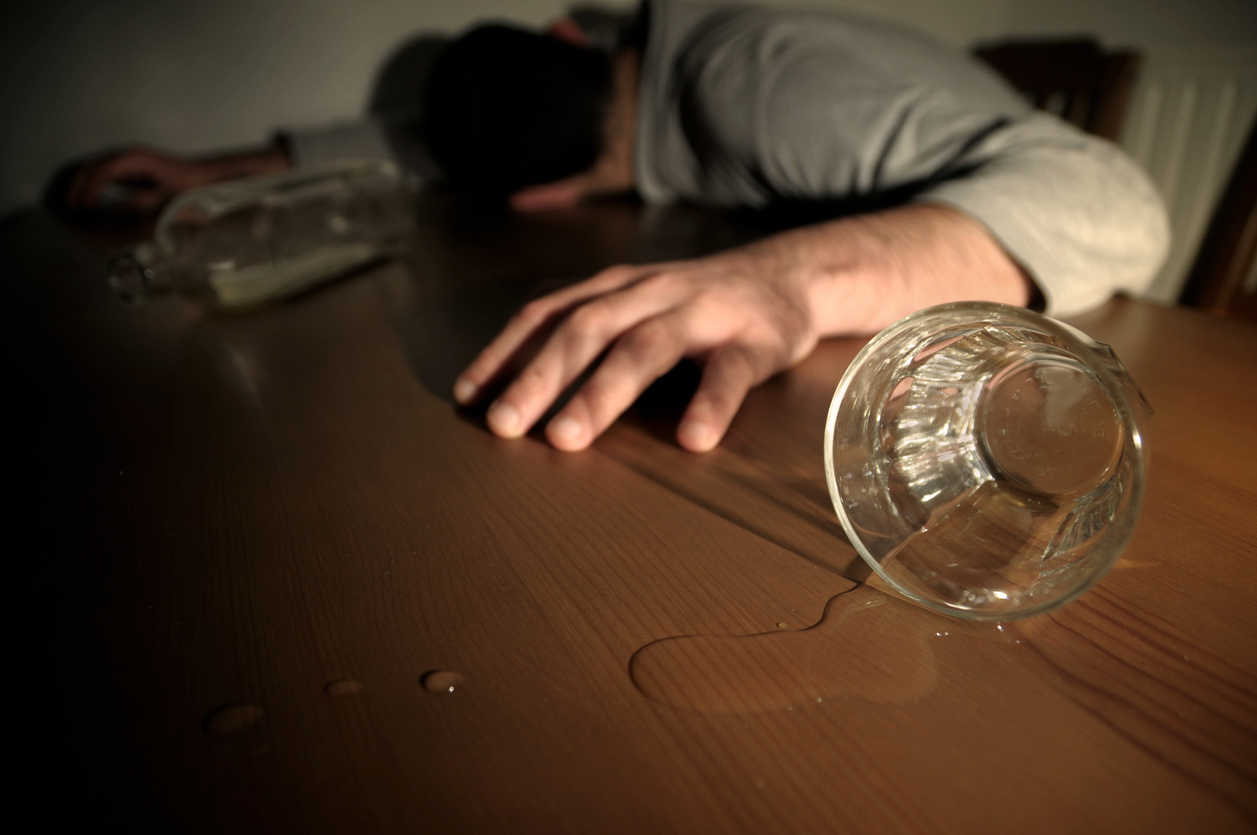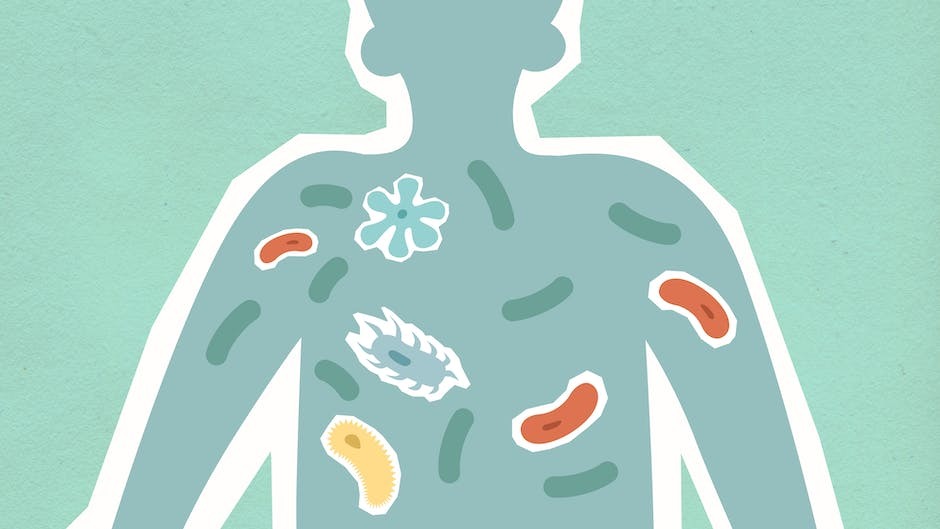Alcohol abuse and addiction are prevalent issues in the US. According to the 2019 National Survey on Drug Use and Health (NSDUH), more than 14 million people ages 12 and older had an alcohol use disorder (AUD).
But alcohol abuse and addiction do not look the same for everyone. For many who struggle with alcoholism, their drinking severely affects their lives. But some people with alcohol abuse or addiction disorders are still able to be functioning members of society.
What is Functional Alcoholism?
Functional alcoholism, or “high-functioning” alcoholism, refers to when someone is tolerant to, dependent on, and has intense cravings for alcohol yet can still live a relatively ordinary life– go to school, work a job, and maintain relationships. They may even excel in some aspects. Be that as it may, this still poses a risk to their health. Many people in this situation may need to go to rehab for these drinking problems.
People who experience this appear to have everything together but have drinking problems. Since they seem to be normal and successful in society, they often deny having a drinking problem.
As a result, consequences escalate– they begin to experience health complications and compromise their career and social life. By then, it will be too late for them to recognize their problem.
What are the signs of functional alcoholism?
They drink to cope with stress
Adults face many kinds of stresses every day, from work-related problems to family-centered issues. For this reason, it’s normal for most adults to have a drink or two at the end of the week. However, turning to drinking as the sole means of destressing may be a sign of a problem.
Alcohol can provide temporary relief. But drinking to relieve stress can quickly turn to a habit of frequent and heavy sessions. People will start to build a higher tolerance and become dependent on alcohol. Subsequently, the person will have cravings, difficulties with concentration, and withdrawal.
More than that, alcohol can worsen stress-related problems, like sleep troubles, anxiety, and depression.
They drink during the day
If someone has become dependent on alcohol, they commonly drink during the day to prevent withdrawal symptoms. Day-drinking may also be a way for a person to satisfy their alcohol cravings. Consequently, they will develop negative habits and behaviors, like getting a drink first thing in the morning, hiding alcohol at work, and drinking during work breaks.
Day-drinking is not usually associated with alcoholism. But when paired with the following behavioral indicators, it may be cause for concern.
- Frequently drinking during the day
- Trying to hide their day-drinking
- Joking about how often they drink
- Minimizing how their drinking affects their lives
- Withdrawal symptoms
- Unclear thinking
- Headaches
- Nausea
- Sweating
- Fatigue
- Anxiety
They frequently drink alone
People with an alcohol addiction will often drink alone to hide from their peers, usually because of shame and embarrassment. This presents a stark difference from people who drink during social events.
People dealing with alcoholism also attend these festivities and socially drink. The problem is if they continue drinking alone after the party or when they avoid such gatherings to drink alone.
They often drink heavily
People with functional alcoholism will have varied drinking habits. But more often than not, the amount and frequency they drink will increase over time due to tolerance buildup. If they regularly drink heavily or cannot go very long without alcohol, this may be a sign that they have become dependent on alcohol.
The Dietary Guidelines for Americans says that moderate drinking is limiting at most two drinks for males and one for females in a day. People who abuse alcohol are likely to exceed these limits as their tolerance increases.
Additionally, according to the National Institute on Alcohol Abuse and Alcoholism (NIAAA), drinking more than four drinks a day for men and three for women can increase their risk of developing an AUD.
Depending on the type of alcohol, a standard drink looks like this:
- wine: 5 ounces
- beer: 12 ounces for beers about 5% alcohol or 8-9 ounces for malt liquor with 7% alcohol
- hard liquor/spirits: 1.5 ounces
They are in denial
Denial is very common among people struggling with alcoholism, especially high-functioning alcoholism. They are unlikely to accept and admit that they have an AUD. They may not even realize that their drinking is a problem. They will keep denying that they have a problem for as long as they can.
People with functional alcoholism might be facing fewer consequences than others, but they will also deny how and how much their drinking impacts their lives—thinking that they are still in control powers this kind of mindset. If they feel that they still have power over how alcohol affects them, they can tell themselves and others that there is no problem.
How to Help People With High-Functioning Alcoholism
Despite being able to live a normal life, a person with functional alcoholism will experience the consequences of their drinking disorder in time and will need to seek treatment. If they continue with this kind of lifestyle, they will start to feel the wear their drinking has on their physical, mental, emotional, and social health.
Those with high-functioning alcoholism will often deny having a drinking problem. So, it’s up to their peers and loved ones to step in and help them. They may hold an intervention to show the person that their drinking is detrimental to their life and health. A doctor can be involved to help with scientific evidence, especially if the person refuses initially.
Moreover, friends and family can set clear boundaries, sending a message that the person’s drinking affects them, as well. For example, a father warns his child that he may cut them off if they do not seek help.
Finally, and most importantly, the person must medically detox from the substance in a qualified treatment center. Being in a rehab center is crucial to the safety of the person. It is not safe to quit cold turkey as the person could experience dangerous withdrawal symptoms like:
- Increased heart rate;
- Tremors;
- Insomnia; and
- Seizures.
Also, being in a professional treatment center with excellent programs will ultimately help the person stop their alcohol abuse and live a sober life.
If you are or know someone struggling with alcohol abuse or addiction and looking for alcohol rehab centers in Chandler, Arizona, turn to Buena Vista Health and Recover Center. You can visit us in Cave Creek, Arizona, or contact us at (800) 922-0095.





